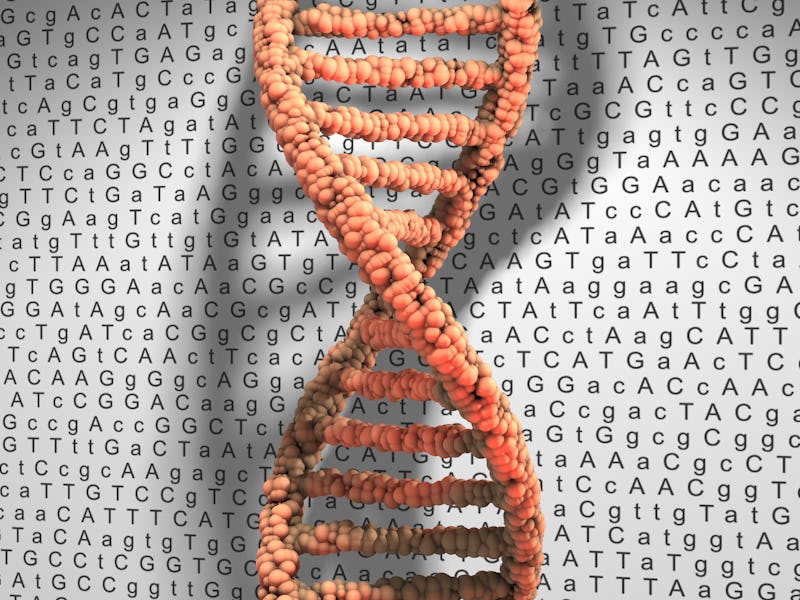Could gene therapy eradicate blindness? Treatments poised to increase
In the new decade, could gene therapy help us cure aging?

There are certain conditions, like blindness or aging, that we’ve come to accept as unchangeable aspects of human life. But what if it were possible to cure them after all? This past decade saw ambitious experimental gene therapies attempting to do just that, and Inverse predicts this trend will continue into the 2020s.
While similar in name to gene editing (which also saw big, and troubling, strides in the 2010s), gene therapy differs because it does not remove or edit any existing genes but instead adds or deactivates certain genes to treat diseases. You can think of it more like a special kind of drug and less like designer babies.
This is #1 on Inverse’s 20 predictions for the 2020s.
These therapies are usually targeted at treating cancers, inherited diseases or certain viral infections. And because the approach is still extremely experimental, the NIH says it’s only being tested for diseases that have no other cures.
Like blindness, for example, which the FDA approved a gene therapy for in 2018. The treatment, called Luxturna, was designed by two researcher parents trying to find a way to treat their young daughter’s genetic blindness (called Leber congenital amaurosis, or LCA). A year after the treatment successfully worked for their daughter, it was made public.
The 2010s also saw less-regulated uses of gene therapy as well, including using it as a way to prevent aging. The first woman to try such a therapy, Elizabeth Parrish, told Inverse in 2016 that she was determined that this approach would transform society’s view on aging and death.
“I basically had to change my thinking to realize that the body’s cells are very much like a computer, and the things that they’re programmed to do eventually land up with a lot of damage over time,” Parrish told Inverse at the time. “[A]ll of us are accumulating this damage that will eventually lead to the symptoms of the aging disease and kill us.”
While Inverse isn’t so sure that anti-aging gene therapy will take off in any substantial way, we predict that the 2020s will see significant growth in using gene therapy to treat genetic diseases and cancers. We also predict that these therapies, as long as they’re used primarily as medical intervention, will meet far less push-back than their gene editing counterpart.
Blindness and similar diseases might not be a thing of the past by the end of the 2020s, but Inverse predicts the successful treatment of such diseases will become much more widespread.
As 2019 draws to a close, Inverse is looking to the future. These are our 20 predictions for science and technology for the 2020s. Some are terrifying, some are fascinating, and others we can barely wait for. This has been #1. Read a related story here.
This article was originally published on